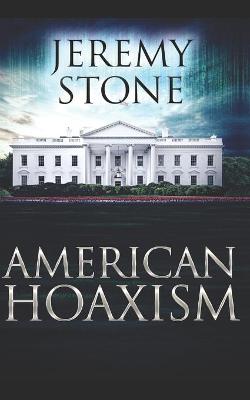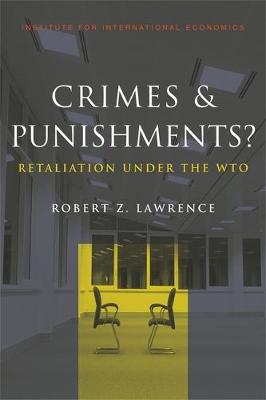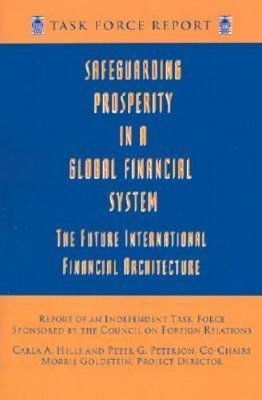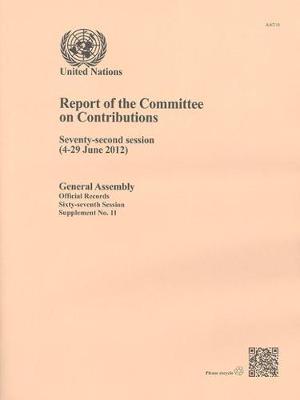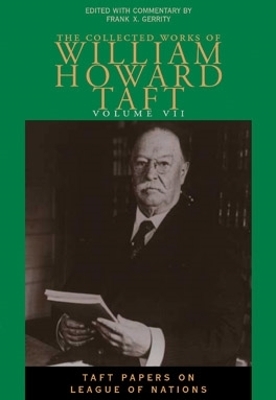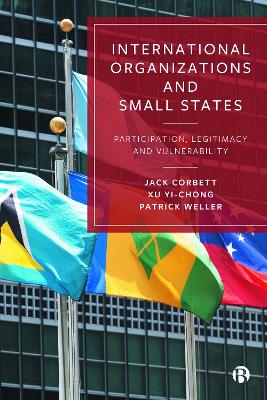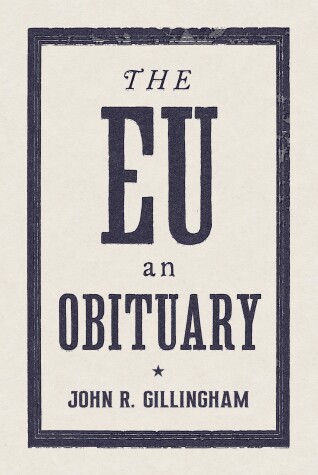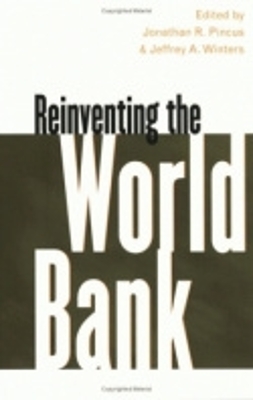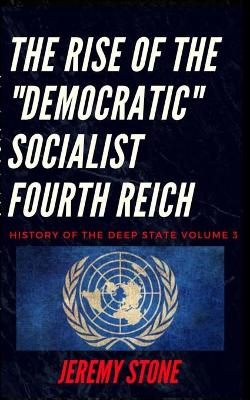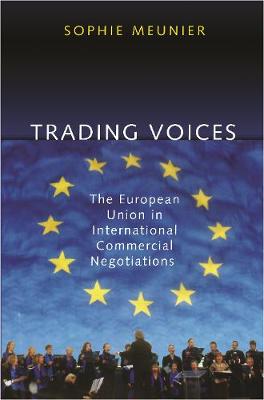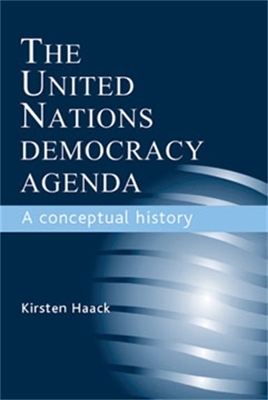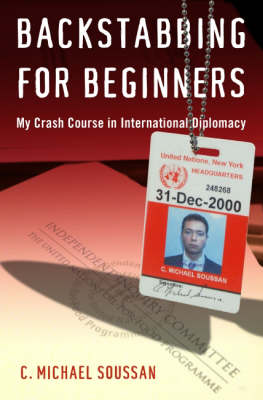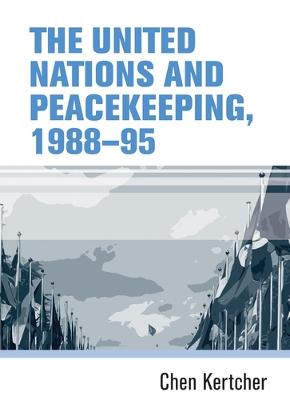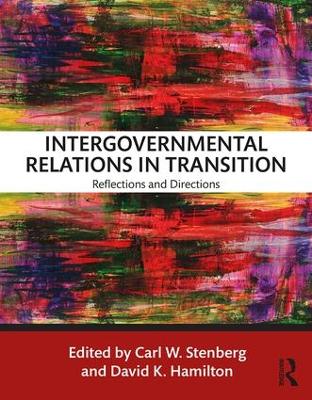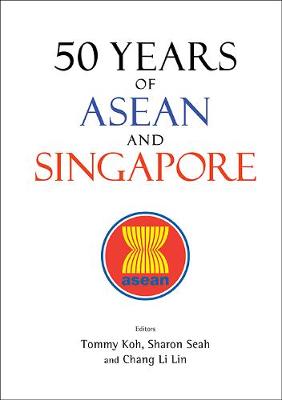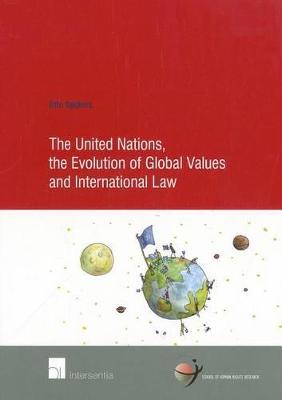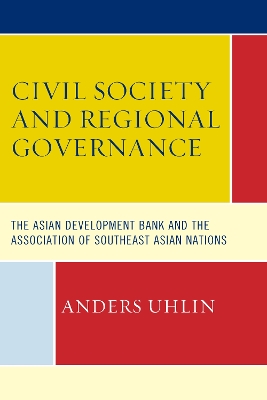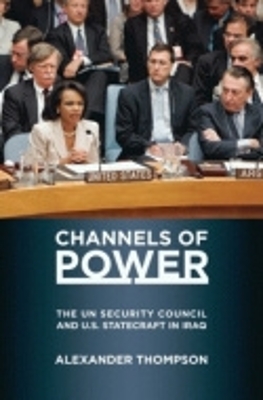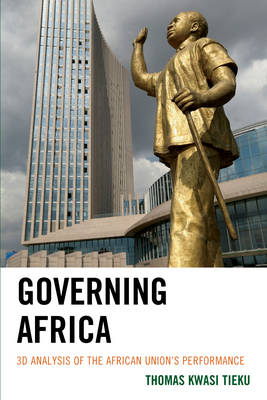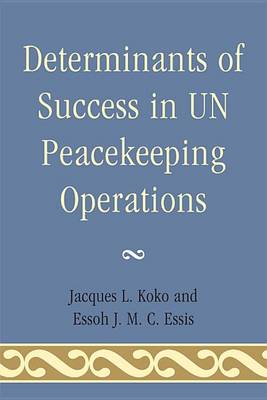Assessing Financial Vulnerability
by Morris Goldstein, Graciela Kaminsky, and Carmen Reinhart
Safeguarding Prosperity in a Global Financial System – The Future International Financial Architecture
by Morris Goldstein
Report of the Committee on Contributions (Official records, Session 66: supplement 11 (A/66/11))
Official Records of the Report of the Committee on Contributions: Seventy-Second Session (4-29 June 2012)
Collected Works Taft, Vol. 7 (Collected Works W H Taft)
by William Howard Taft
This collection of Taft's speeches, newspaper articles and complementary documents, originally published in 1920, reflects his consistent support for a league of nations and, eventually, for the Covenant of the League of Nations emanating from the Paris Peace Conference.
International Organizations and Small States
by Jack Corbett and Patrick Weller
International Organizations (IOs) are vital institutions in world politics in which cross-border issues can be discussed and global problems managed. This path-breaking book shows the efforts that small states have made to participate more fully in IO activities. It draws attention to the challenges created by widened participation in IOs and develops an original model of the dilemmas that both IOs and small states face as the norms of sovereign equality and the right to develop coincide. Drawi...
The European Union is a besieged institution. It is struggling in vain to overcome the eurozone crisis and faces an influx of refugees not seen since World War II. The Schengen Agreement is a dead letter, and Britain stands on the brink of leaving altogether. The EU is unfit for the challenges of the coming age of increased global competition and high tech. In sum, the drive for an "ever-closer union" has set Europe on the wrong course: plunged it into depression, fuelled national antagonisms, d...
Largely ignored for decades, the World Bank increasingly finds itself at the center of an international political maelstrom. Attacked by the Right as the last bastion of socialism and by the Left as an instrument of economic imperialism, the Bank has struggled to adapt to a changing post-Cold War era. Still the world's leading development institution in terms of size and influence, the International Bank for Reconstruction and Development's failure to articulate and implement a convincing strate...
History of the Deep State Volume 3 (History of the Deep State, #3)
by Jeremy Stone
The European Union, the world's foremost trader, is not an easy bargainer to deal with. Its twenty-five member states have relinquished most of their sovereignty in trade to the supranational level, and in international commercial negotiations, such as those conducted under the World Trade Organization, the EU speaks with a 'single voice'. This single voice has enabled the Brussels-based institution to impact the distributional outcomes of international trade negotiations and shape the global po...
Administrative Capacity in the New EU Member States (World Bank Working Paper)
by Tony Verheijen
'Administrative Capacity in the New EU Member States' reviews progress made in the development of public management systems capable of meeting European standards in the new member states of the European Union (EU), looking into the people, systems, and service delivery aspects of public management systems. The new member states face considerable challenges--improving fiscal management, building absorption capacity of rapidly increasing levels of EU structural funds, and enhancing economic compet...
The United Nations Democracy Agenda is a critical, conceptual-historical analysis of democracy at the United Nations, detailed in four 'visions' of democracy: civilization, elections, governance and developmental democracy. "I know it when I see it" were the famous words of US Supreme Court Justice Potter Stewart on defining obscenity. It is with the same conviction and (un)certainty with which liberal peacebuilders and democracy promoters have used democracy to achieve both the immediate goals...
From the corridors of the UN to the palaces of Baghdad, an unprecedented, first person coming of age account of the oil for food scandal that rocked the UN. Michael Soussan was a young, idealistic diplomat when he landed his dream job as a Program Coordinator at the UN's Oil for Food Program, the largest humanitarian operation in the organization's history. His mission would be to provide relief to Iraq's civilian population, struggling to survive in a country under economic sanctions. But Souss...
Using more than 600 UN documents that analyse the discussions in the UN Security Council, General Assembly and Secretariat, The United Nations and peacekeeping, 1988-95 presents innovative explanations on how after the Cold War UN peacekeeping operations became the dominant response to conflicts around the globe. This study offers a vivid description of these changes through the analysis of the evolution in the concept and practice of United Nations peacekeeping operations from 1988 to 1995. The...
Intergovernmental Relations in Transition
The field of intergovernmental relations has changed substantially over the past five decades. It maintains a critical and evolving role in the US federal system as well as in public policy and administration. Building upon the legacy of Deil S.Wright’s scholarship, this collection of essays by distinguished scholars, emerging thought leaders, and experienced practitioners chronicles and analyzes some of the tensions and pressures that have contributed to the current state of intergovernmental r...
50 Years Of Asean And Singapore
On the 8th of August 2017, ASEAN will celebrate the 50th anniversary of its founding. ASEAN is of great importance to Singapore, the region and the world.In 1967, the Association of Southeast Asian Nations, or ASEAN in short, was founded by five countries in Southeast Asia which had just gained independence from their former colonial masters, united by a determination for the region to live in peace and stability. Singapore was one of the five founding members of ASEAN, together with Indonesia,...
The Organization of African Unity (International Organizations)
by Gordon Harris
The political and spiritual affinity felt by black peoples may date back centuries, but it was first formalized in Africa by a series of conferences at the beginning of the twentieth century. In the postwar struggle for independence, Africanness became a potent force. Later, in the early 1960s, the flood of newly independent African states adopted a Pan-African ideal in their common struggle against the remaining colonial and white-dominated territories on the continent. The launch of the Organi...
The United Nations, the Evolution of Global Values and International Law (School of Human Rights Research, #47)
by Otto Spijkers
In this book, Otto Spijkers describes how moral values have determined the founding of the United Nations Organization in 1945 and the evolution of its purposes, principles and policies since then. A detailed examination of the proceedings of the United Nations Conference on International Organization in San Francisco demonstrates that the drafting of the United Nations Charter was significantly influenced by global moral values, i.e. globally shared beliefs distinguishing right from wrong, good...
Through detailed comparative case studies of civil society engagement with two major regional international organizations in Southeast Asia this book demonstrates the potentials and limitations of civil society actors as democratizing agents in governance beyond the nation-state. Drawing on previous research on civil society, social movements, transnational activism, and democratization, Uhlin develops an analytical framework focusing on a) how national and international political opportunities...
International Organization in Time
by Research Fellow Tine Hanrieder
When President George W. Bush launched an invasion of Iraq in March of 2003, he did so without the explicit approval of the Security Council. His father's administration, by contrast, carefully funneled statecraft through the United Nations and achieved Council authorization for the U.S.-led Gulf War in 1991. The history of American policy toward Iraq displays considerable variation in the extent to which policies were conducted through the UN and other international organizations.In Channels of...
The African Union (AU) is the leading international organization on the African continent. Established in 2001, it consists of fifty-four members, a ten-member Commission, political organs, such as the Assembly, Pan-African Parliament, and a body where civil society groups are represented. The AU seeks the political and socio-economic integration of the African continent and has emerged as a key player in international politics. Since its creation, the AU has tackled a wide range of issues, inc...
Determinants of Success in Un Peacekeeping Operations
by Jacques L Koko and Essoh J M C Essis

